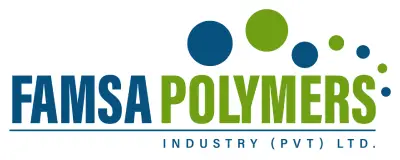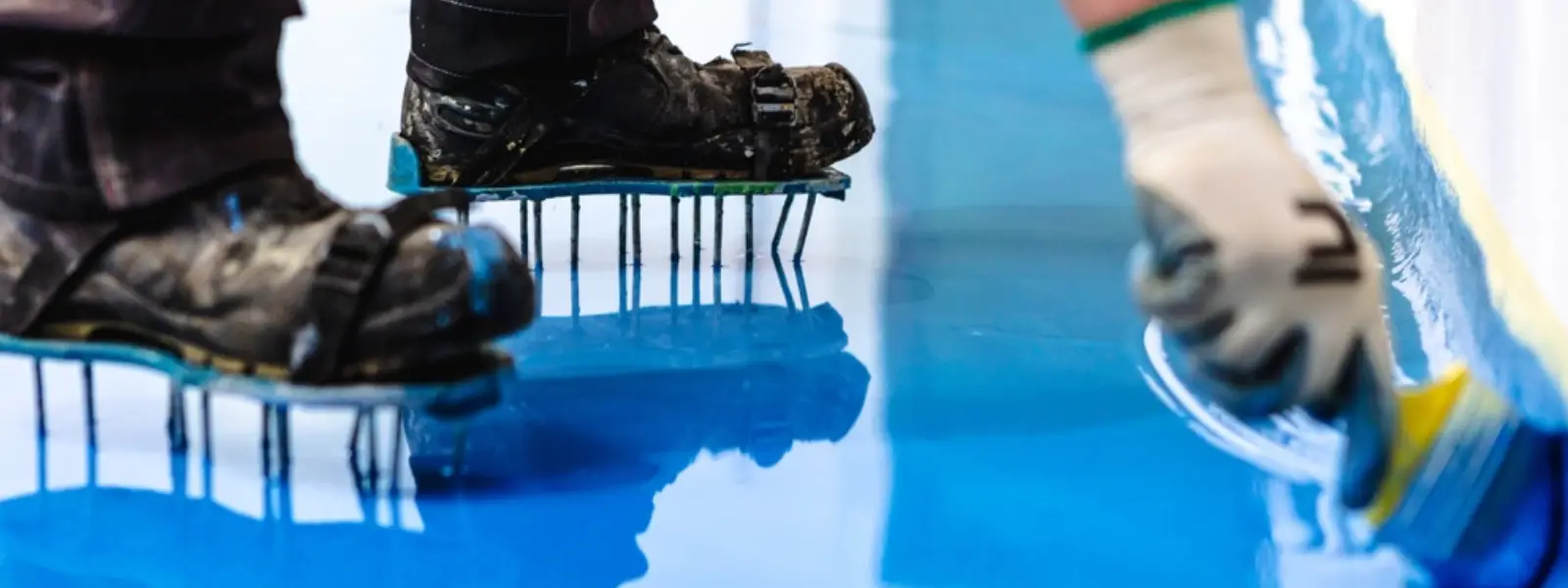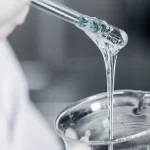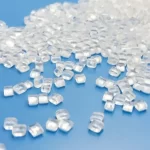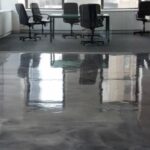Epoxy resin in Pakistan is a remarkably versatile material that plays a critical role across a wide range of industries. Its applications are diverse and essential, from high-gloss furniture and intricate artwork to industrial flooring and advanced electronics. Epoxy resin has become a go-to solution for professionals and creators because of its strength, durability, and sleek finish.
Let’s explore the fundamentals of epoxy resin—including its different types, key uses, unique properties, and the basics of its chemical structure—to help you better understand why it’s such a valued material in modern manufacturing and design.
What is Epoxy Resin?
Epoxy resin is a synthetic liquid that hardens into a solid form when mixed with a hardener. This process is called “curing.” Once cured, epoxy resin becomes a hard, durable, and glossy material. It is resistant to water, chemicals, and heat, making it a popular choice for many applications.
Epoxy resin in Pakistan usually comes in two parts:
- Part A: The resin
- Part B: The hardener
When these two parts are mixed, a chemical reaction occurs, and the resin begins to cure or harden.
Types of Epoxy Resin
There are several types of epoxy resins, each made for different purposes and available at different epoxy resin price in Pakistan. Here are some of the most common ones:
1. Bisphenol-A Epoxy Resin
This is the most commonly used epoxy resin. It is used in coatings, adhesives, and composite materials. It offers strong mechanical and chemical resistance.
2. Bisphenol-F Epoxy Resin
It is similar to bisphenol-A but with a lower viscosity (thinner and easier to pour). It is often used when a more flexible resin is needed.
3. Novolac Epoxy Resin
Novolac epoxy has excellent heat and chemical resistance. It is mainly used in environments where the resin needs to handle high temperatures or aggressive chemicals.
4. Aliphatic Epoxy Resin
This type of epoxy is often used for outdoor applications because it better resists UV light than other types. It is also often used in protective coatings and decorative projects.
5. Cycloaliphatic Epoxy Resin
It offers high electrical insulation and is used in electronics and electrical applications like circuit boards and insulators.
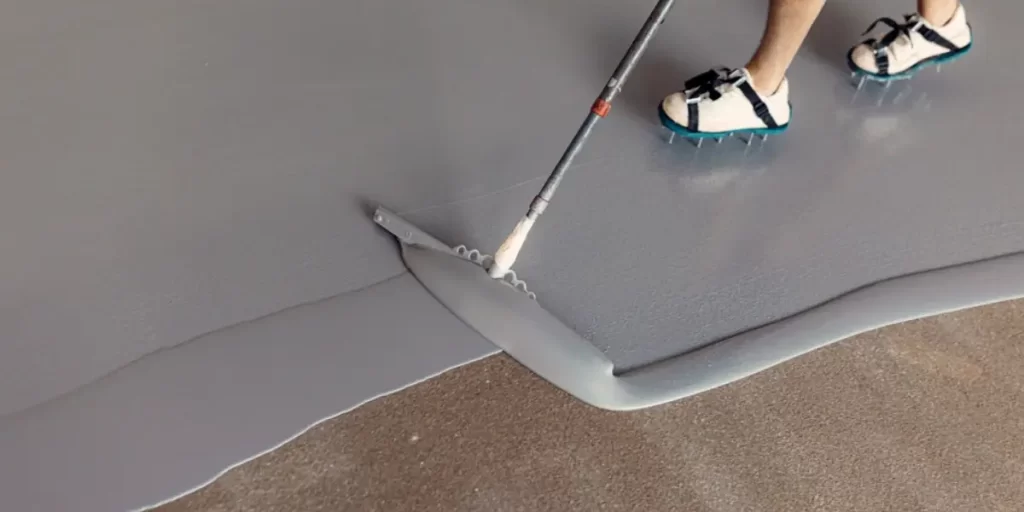
Common Uses of Epoxy Resin
Due to its strong bonding power and durability, epoxy resin in Pakistan is used in diverse industries. Here are some popular uses:
- Art and Crafts
Epoxy resin is popular among artists and hobbyists. It is used for making jewelry, river tables, coasters, and other decorative items. Its clear, glossy finish gives artwork a professional look.
- Floor Coating
Epoxy resin is often applied to floors in garages, hospitals, and factories. It creates a smooth, rigid surface that is easy to clean and resistant to chemicals and stains.
- Adhesives
Epoxy is the base for many strong glues and bonding agents. It is used to join materials like metal, plastic, and wood.
- Construction
Epoxy is used in concrete repair, waterproofing, and structural bonding. It helps strengthen buildings and bridges.
- Marine Industry
Because epoxy resists water and salt, it is widely used in boats, yachts, and other water-related structures.
- Electronics
Epoxy resin is used in electronics to coat and protect small parts and circuits. It keeps moisture, dust, and chemicals away from sensitive components.
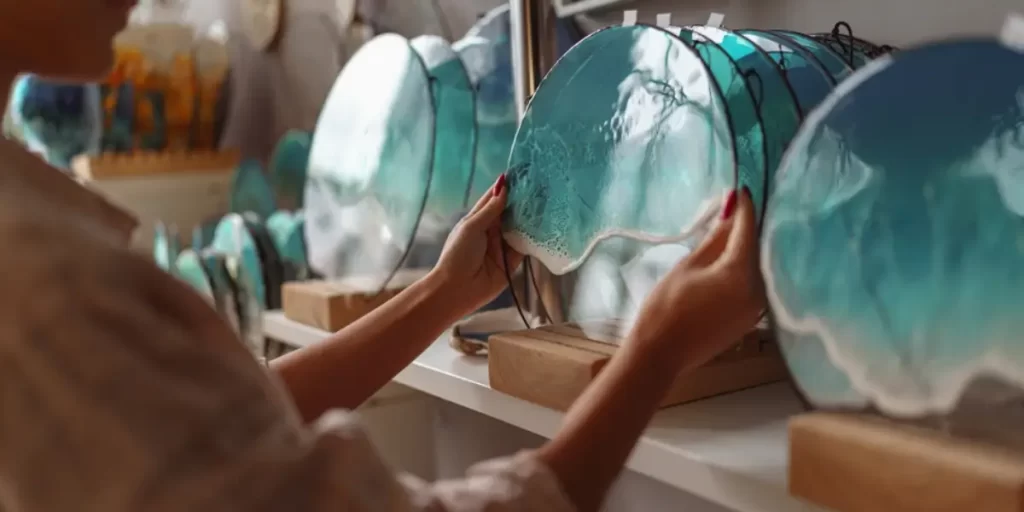
Key Properties of Epoxy Resin
Epoxy resin has many special properties, making it a great choice for industrial and creative uses. Here are the most important ones:
- Strong Adhesion
Epoxy is a strong adhesive that adheres well to many surfaces, including wood, glass, metal, and plastic. This makes it perfect for use as a glue and in coatings.
- Durability
Once cured, epoxy resin forms a hard surface that doesn’t break, crack, or chip easily. It can handle rough conditions and heavy use.
- Chemical Resistance
Epoxy can resist many chemicals, such as oils, acids, and solvents, which is why it is used in laboratories and factories.
- Water Resistance
Epoxy resin does not absorb water easily, making it perfect for marine use and bathroom or kitchen surfaces.
- Heat Resistance
Depending on the type, epoxy can resist moderate to high heat levels. Some industrial-grade epoxies are specially made for high-temperature environments.
- Electrical Insulation
Epoxy doesn’t conduct electricity, which makes it ideal for protecting electronic components.
- Aesthetic Appeal
Epoxy gives surfaces a glossy, glass-like finish that enhances their appearance, whether they’re pieces of art or countertops.
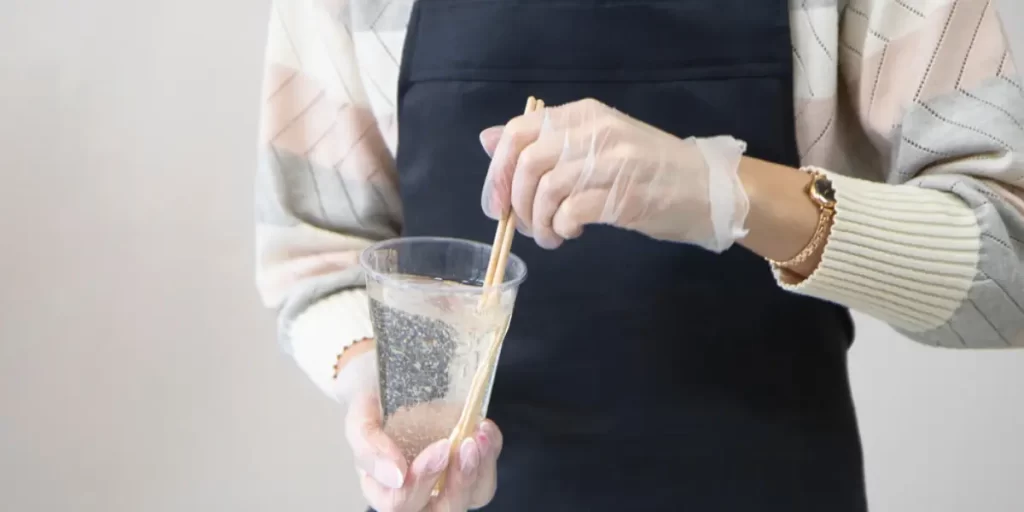
Chemical Structure of Epoxy Resin
Now let’s talk about the science behind epoxy resin.
Epoxy resin is made through a reaction between epichlorohydrin and bisphenol-A or bisphenol-F. This creates molecules that have epoxy groups (also known as oxirane rings). These groups are reactive, which means they can form strong bonds with other molecules.
When you add the hardener (usually an amine), a chemical reaction called polymerization happens. The epoxy groups open up and link, creating a complex, three-dimensional network. This reaction gives the resin its strength and solid form.
Here’s a simplified way to understand it:
- The resin has “hooks” (epoxy groups).
- The hardener has “loops” (amine groups).
- The hooks and loops connect when mixed, creating a tight net or chain.
- This “net” becomes hard, strong, and durable — that’s your cured epoxy.
Safety Tips When Using Epoxy Resin
While epoxy resin is safe when cured, handling it in liquid form requires care. Here are some safety tips:
- Wear gloves to avoid skin contact.
- Use in a well-ventilated area to avoid inhaling fumes.
- Wear a mask if you use large amounts or work in a small room.
- Follow the instructions on the packaging carefully.
Choose Pakistan’s Most Trusted Epoxy Resin Manufacturer
Looking for a high-performance epoxy resin you can count on? Choose Famsa Polymers Industries Pvt Ltd—Pakistan’s trusted name in epoxy resin manufacturing since 1988. With over 30 years of proven expertise, we deliver certified, industry-grade epoxy resins that meet the toughest demands across construction, electronics, marine, automotive, and creative industries.
Every batch is crafted with precision, innovation, and a strong focus on quality. Don’t settle for less—partner with a reliable epoxy resin manufacturer today and experience the difference in durability, strength, and performance. Contact us now to find the perfect epoxy solution for your business!
On the Whole
Epoxy resin is an incredible material with endless possibilities. Whether you’re an artist, builder, engineer, or DIY lover, understanding epoxy resin’s types, uses, properties, and chemical structure can help you choose the right product for your project. Its strength, shine, and long-lasting qualities make it a top choice worldwide.
So, next time you come across a shiny countertop, a clear art piece, or even a waterproof boat, there’s a good chance epoxy resin was involved.
